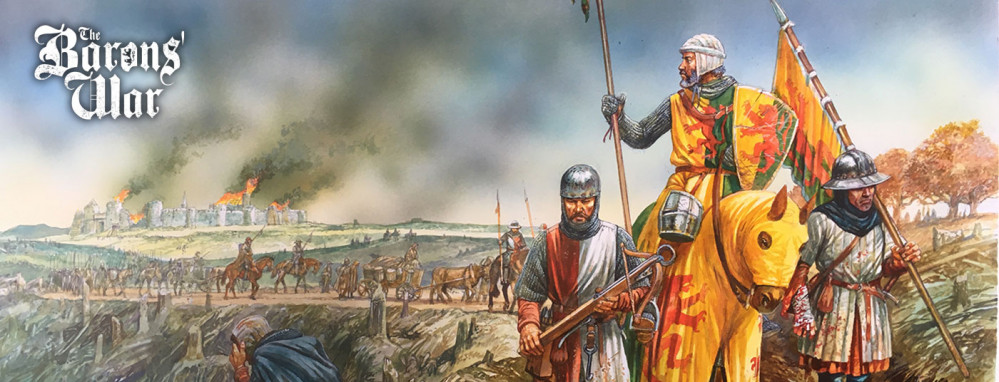
PanzerKaput Goes To Barons' War
Episode Events
1214
Oct 15
John returns from France
Upset by demands for higher taxes and less control over affairs in England, the Barons met John on his return with a charter from the time of Henry I which they wanted John to agree to and abide by.
Nov 20
Charter of Liberties
A group of barons, after finding a copy of King Henry I’s Charter of Liberties, swore an oath at the altar of t. Edmunds at Bury St. Edmunds to force King John to acknowledge thier rights.
1215
Jan
John meets the Barons in London
Promising the Barons safe passage, John met them in London to discuss their demands. John postponed any answer until Easter.
May 17
London falls to the Rebels
The gates to London were opened by a supporter of the rebellious Barons and the houses of Jews were targeted for ransacking and burning. The rebels called for those Barons still on the side of John to join them. The Tower of London held by John’s supporters was too well defended to fall into the hands of the rebels.
May 27
A truce is sought
Stephen Langton and William Marshall attempted to get the Barons and John to meet and find a settlement to the civil war.
Jun 15
John’s Great Charter (the Magna Carta)
A large number of barons, led by Stephen Langton the archbishop of Canterbury, meet King John on an island in the Thames at Runnymede. They forced the king to sign the ‘Great Charter’ or Magna Carta that would limit the power of the monarchy. The barons insisted that the old feudal contract should be reinstated and that the king should abide by the laws that the rest of the population did. The feudal contract allowed the barons to run their own lands, renting it from the king but paying rent by supplying knights rather than money. This feudal system had been set up by William the Conqueror.
Aug 24
The Magna Carta is annulled
Pope Innocent III annulled the Magna Carta freeing King John from its limitations. The Pope annulled the charter on the grounds that the King only signed it because he was forced to and that the document was illegal. The Pope was prepared to support John against the rebel barons because he wanted him to take a key role in a new crusade.
Sep 13
King John appeals to the Pope
In a letter dated 13th September 1215, King John sought help from Pope Innocent III in his fight against the barons. In the letter, written while the King stayed at Dover Castle, John stated that he believed the defence of England was ultimately the responsibility of God and the Pope. Pope Innocent III agreed and declared that the Magna Carta should be annulled.
Oct (to 1217)
Baron’s war
After the Magna Carta was annulled and it was clear that King John was not going to agree to the terms of the charter the civil war between King John and the rebel barons began. The barons offered the English crown to Prince Louis, the son of King Philippe II of France and invited him to invade England. John confiscated the rebel barons’ lands and gave them to his own supporters. King John besieged Rochester Castle where a garrison of men had been left by the barons. The garrison was starved out and the castle fell to the King.
1216
Jan
King John attacks Berwick
King John attacked Berwick and forced the Scots to leave. He also raided the lowlands.
Feb
King John puts down revolt
King John put down a revolt in East Anglia. The Barons and the French kept hold of London.
Feb
Small French fleet land in London
A small French army landed in London. Their commander informed the rebel barons that Prince Louis would soon arrive from France.
May 18
A storm hits John’s fleet
John’s fleet of ships was badly damaged by storms as they prepare to defend against an invasion from France. This left the way open for Prince Louis to sail to England a few days later.
May 21
Prince Louis of France claims English Throne
Invited by the barons opposed to king John, Prince Louis of France landed in England to claim the English Throne. Louis captured Rochester Castle after a short siege.
Jun (to Oct)
Prince Louis advances across England
Prince Louis advanced on Winchester and captured the city and its castle. Elsewhere, Windsor Castle and Dover Castle were besieged by the rebel barons. Both castles were defended and held out against the sieges. King John used Corfe Castle in the south-west as his base of operations while he planned his campaign against the rebel barons and Prince Louis.
Oct 19
King John dies
King John died at Newark. This was shortly after he lost his baggage train in the Wash estuary as the tide returned. There was supposed to be a large amount of treasure in the baggage train at the time and it has never been found.
Oct 28
King Henry III Crowned
King John’s eldest son Henry was crowned King Henry III at the abbey church of Gloucester by Peter des Roches the Bishop of Winchester. The Earl of Pembroke, Earl Marshal of England (William Marshal), was declared Regent.
1217
Spring
Portchester castle captured
Prince Louis captured and almost destroyed the castle at Portchester.
Apr
Siege of Mountsorrel Castle
Royalists besieged the French controlled Mountsorrel Castle in Lincolnshire. When Louis sent reinforcements to assist those in the castle the royalists moved away to Nottingham. The French army then made the mistake of moving on to Lincoln where the royalists had held out against previous attacks.
May 20
Battle of Lincoln
Henry III’s supporters defeated the forces belonging to Prince Louis and the rebel barons that were besieging the castle at Lincoln.
Aug 24
Battle off Sandwich
A fleet of French ships were defeated off the coast near Sandwich by Hubert de Burgh. The French fleet was commanded by Eustace the Monk, a pirate and mercenary who fought for both the French and English when it suited his needs. The French fleet were bringing more men and supplies to assist Prince Louis in his quest to take the English throne. The ship Eustace was on was captured and the monk was executed.
Sep 12
Treaty of Kingston
The defeat of the French fleet left Prince Louis without much hope of taking the English throne. William Marshall blockaded London from the sea and land and at Lambeth Louis accepted peace terms. Louis waived his claim to the throne of England and should have restored Normandy to Henry but did not. Louis was paid 10,000 marks to ensure he left the country as soon as possible. William Marshall pardoned all those who had supported Louis. low profile.









































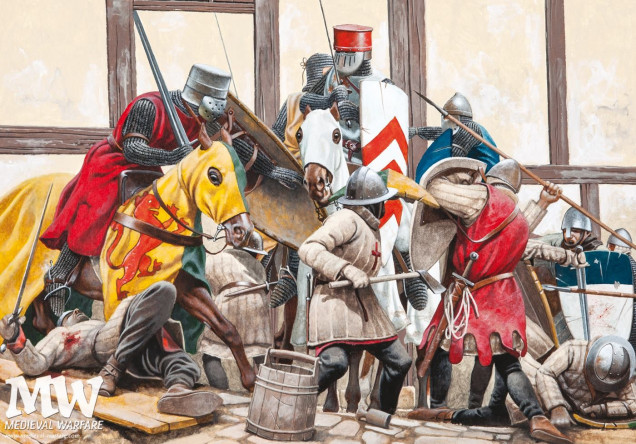
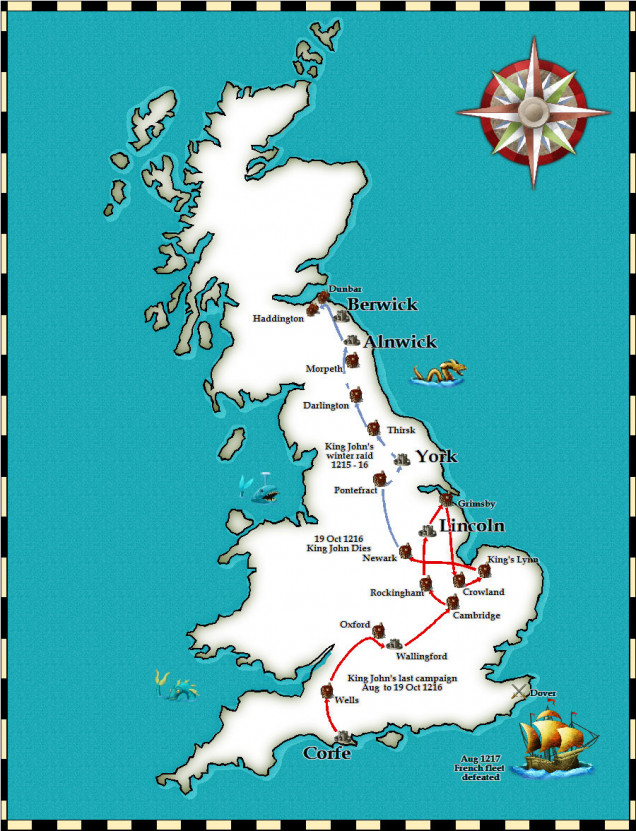










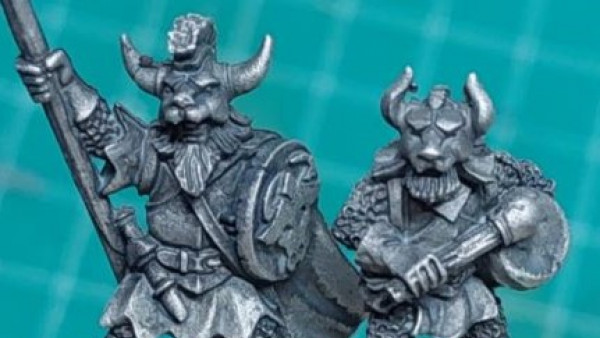

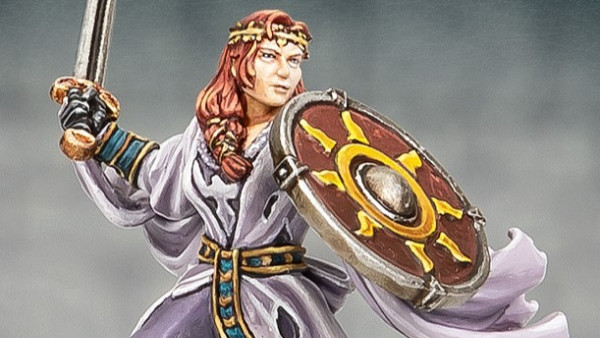
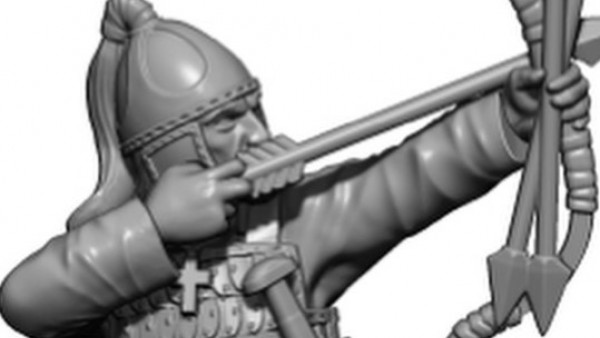
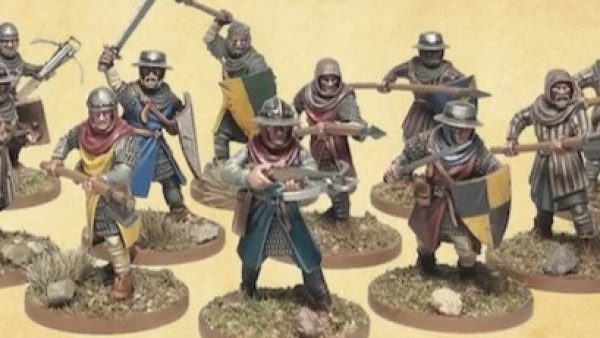
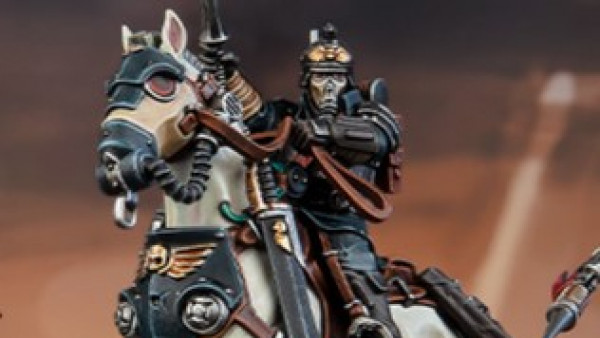
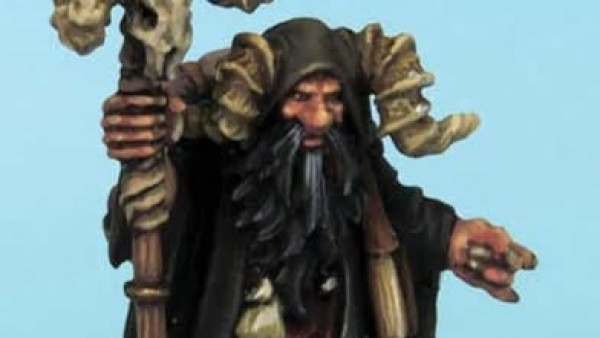
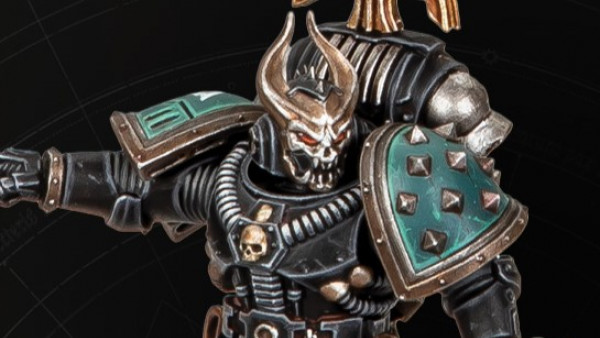
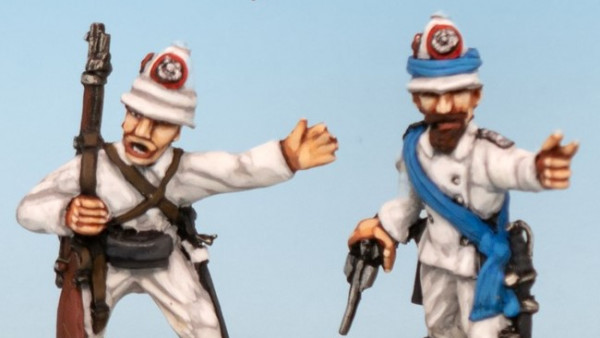
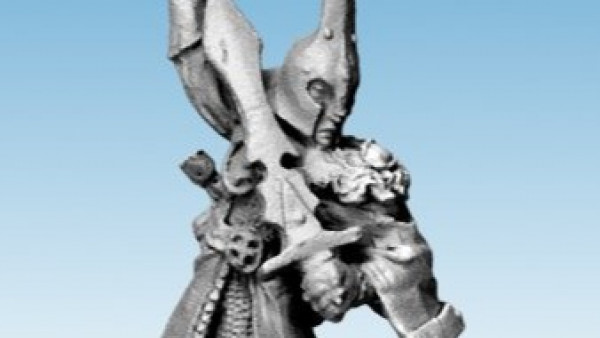
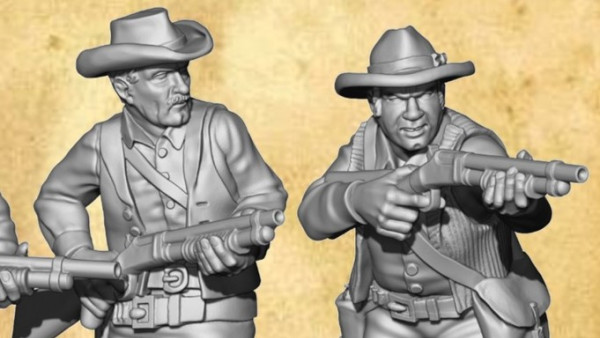
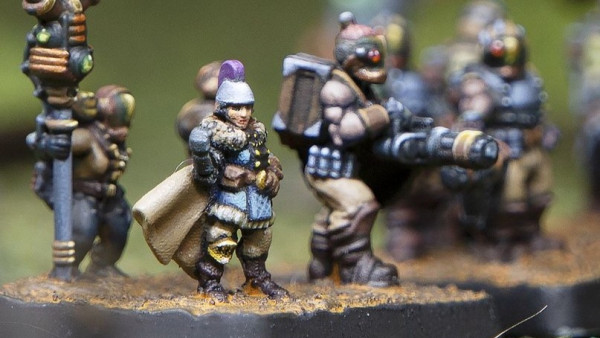

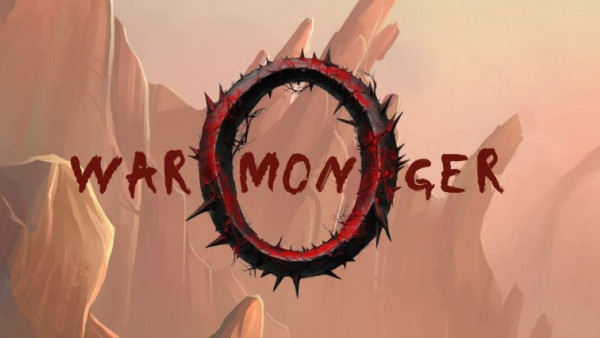



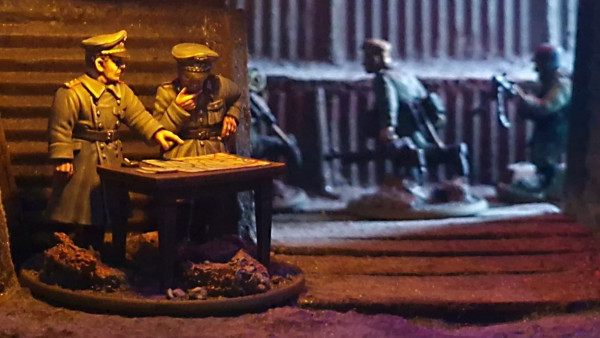


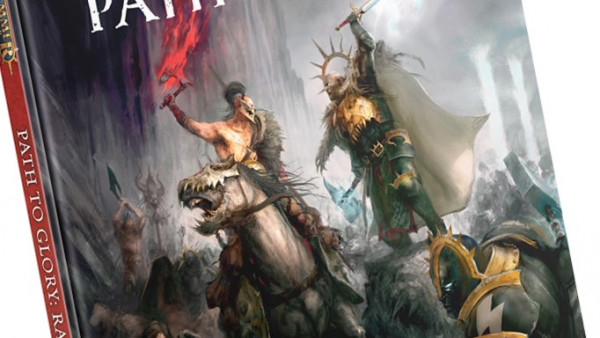


Leave a Reply